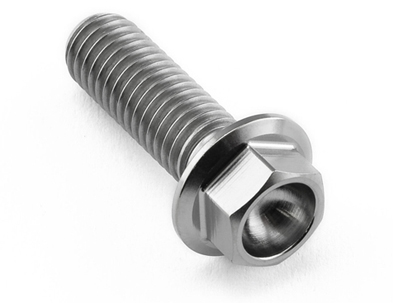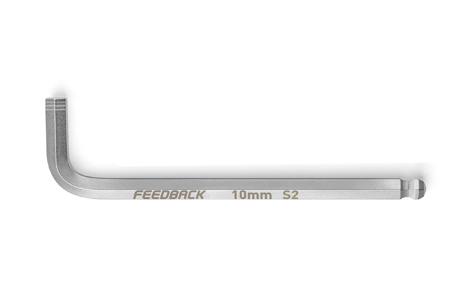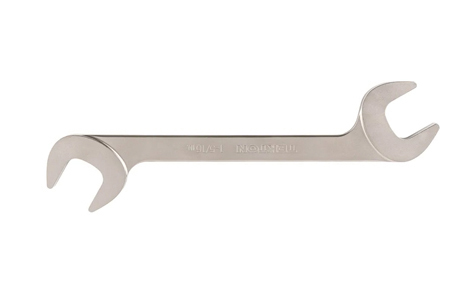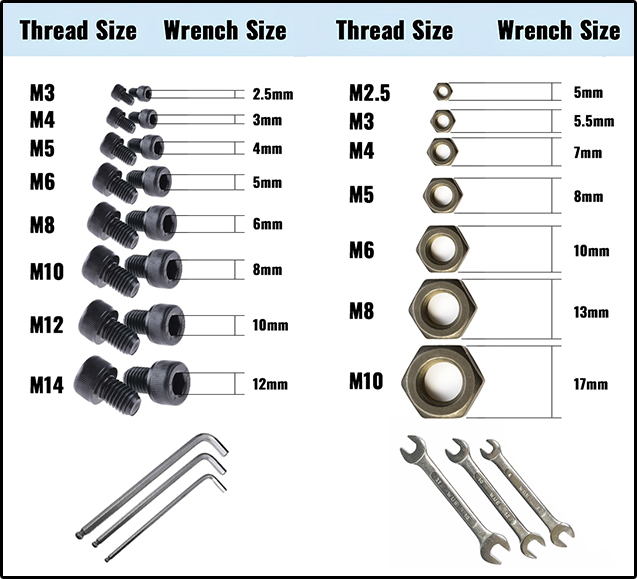1. Introduction
Hex head bolts are widely used fasteners in both home projects and industrial applications. Whether you’re assembling furniture or maintaining machinery, understanding how to choose and use the right wrench is essential for efficient, safe, and damage-free fastening.
2. The Relationship Between Wrenches and Hex Head Bolts
Hex head bolts have a six-sided head that fits precisely with a wrench or socket. This geometric design ensures secure grip and effective torque transfer.

The two most common tools used are:
· Internal hex wrenches (Allen keys)
· External hex wrenches (open-end, box-end, or socket wrenches)
Choosing the correct wrench type ensures both safety and efficiency during tightening or loosening tasks.
3. Internal Hex Wrenches (Allen Keys)
Allen wrenches—also called hex keys—are small, L- or T-shaped tools that fit inside the hex socket of a screw or bolt. Their compact design makes them ideal for furniture, electronics, and precision assembly work.

Common Sizes and Fit
Typical Allen key sizes include 1.5mm, 2mm, 2.5mm, 3mm, 4mm, 5mm, 6mm, 8mm.
Each size corresponds to the inner hex dimension (S-value). Always choose a wrench that fits snugly into the socket to prevent slippage or stripping.
How to Use an Allen Key
Insert the wrench fully into the bolt socket, keep it perpendicular to the surface, and apply even pressure. Avoid excessive torque to prevent deformation of the bolt head.
4. External Hex Wrenches
External hex wrenches—such as open-end or socket types—grip the outer hexagonal surface of nuts and bolts. They’re the go-to choice for construction, automotive, and mechanical repair work.

Standard Nut Sizes
Common nut and bolt sizes include M3, M4, M5, M6, M8, M10, M12, and M16.
Each corresponds to a specific wrench size (D-value). Selecting a properly sized wrench ensures full surface contact and reduces wear on both the bolt and tool.
Proper Technique
Position the wrench squarely on the bolt head, apply steady force, and avoid sudden jerks. Misalignment can round off the corners of the hex head and reduce tightening accuracy.
5. Hex Bolt and Nut Size Reference
To simplify wrench selection, the chart below provides a visual guide showing standard internal and external hex head bolts, nuts, and their corresponding wrench sizes.
This quick reference helps ensure you always pick the correct tool for your fastening needs.

6. Tips for Safe and Efficient Wrench Use
· Keep Tools Dry: Prevent rust and maintain solid grip.
· Avoid Over-Tightening: Too much torque can damage the bolt or tool.
· Inspect Regularly: Replace worn or rounded wrenches.
· Store Properly: Keep tools in a clean, ventilated place to avoid corrosion.
7. Conclusion
Selecting the right wrench for a hex head bolt is not just about matching dimensions—it’s about ensuring precision, safety, and long-term performance.
By understanding how internal and external hex wrenches function, recognizing size standards, and maintaining your tools properly, you can handle any fastening task with confidence.
Whether for daily DIY work or professional use, the right wrench makes every bolt turn smoother, safer, and more efficient.
